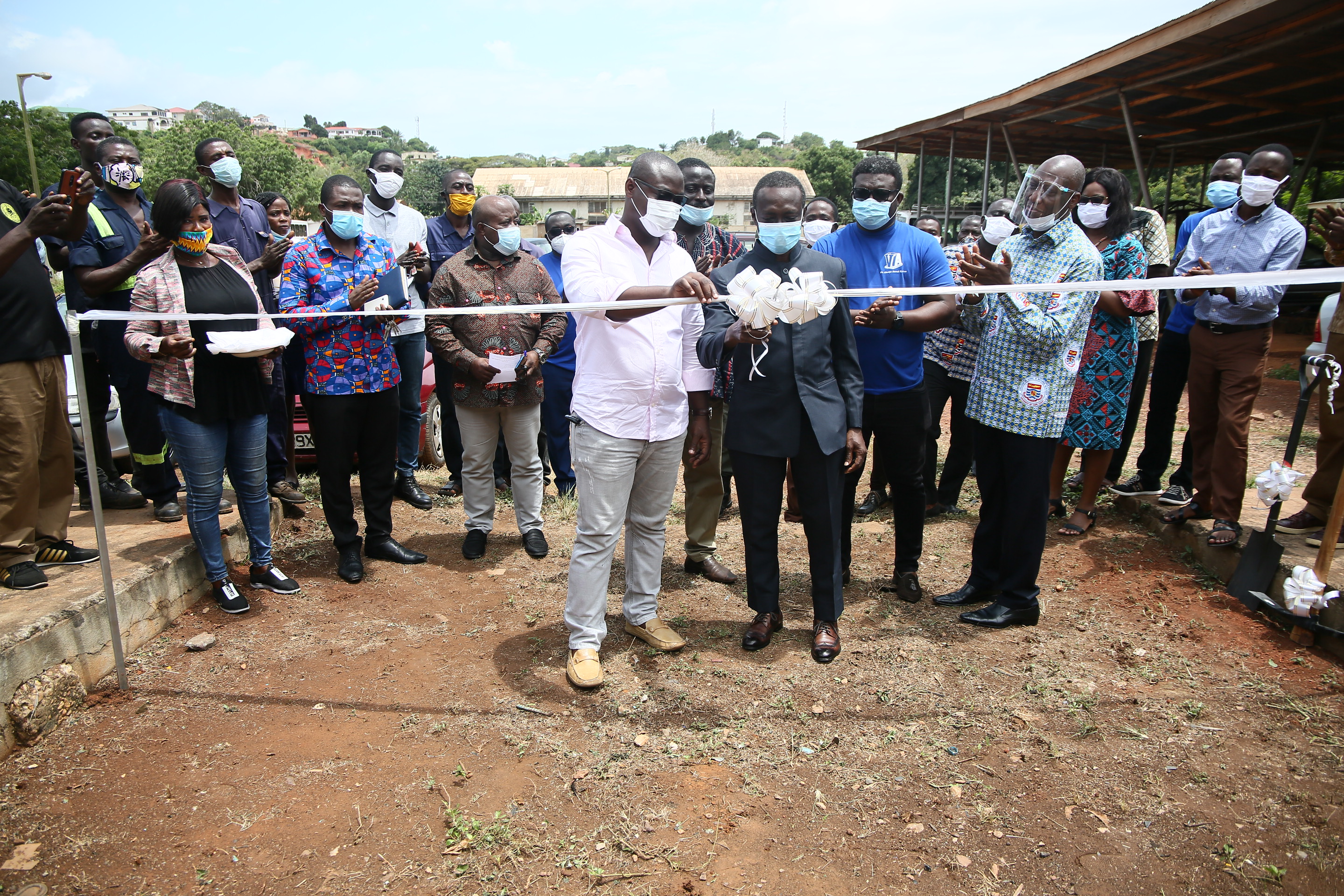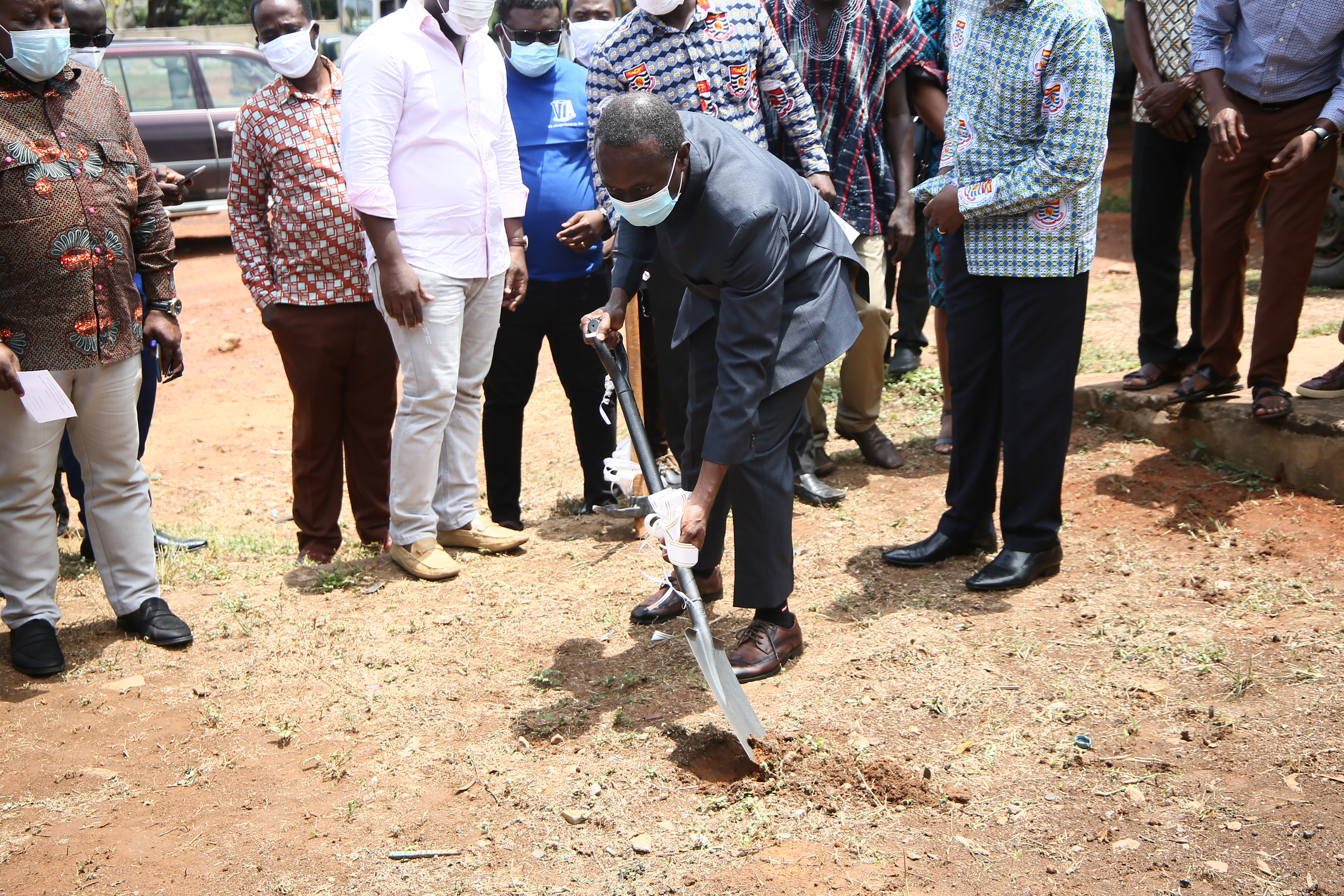Public-Private Partnership Opportunity at the University of Cape Coast
REQUEST FOR PROPOSALS FOR THE OPERATION OF PRIVATE SHUTTLE BUS SERVICE FOR STUDENTS ON CAMPUS AT THE UNIVERSITY OF CAPE COAST (UCC)
A. Background
As part of the efforts at improving and facilitating the movement of Students on Campus especially from Halls of Residences to the Lecture Theatres, the University of Cape Coast is desirous of engaging an experienced transport operator to run shuttle bus service on campus on a PAY-AS-YOU BOARD basis for the University’s students who number in excess of Twenty Thousand (20,000).
B. Scope of Services through the Public-Private Partnership
- Efficient management of the transport service delivery
- Movement of Students to and from all halls of residence and other vantage points within campus
- Operation from 6:00am to 9:00pm, Mondays to Fridays whilst the semester is in session.
- Regular maintenance and servicing of vehicles in order to improve the quality of service delivery
- Issuance of tickets to students as they pay and board the bus.
C. Duration of Engagement
Initial probationary period of two semesters or one academic year starting from the 2020/2021 Academic Year.
D. Ticketing and Fares to be charged
1. The transport operator shall charge reasonable affordable prices which shall cover running cost and other overheads.
2. The operator shall issue tickets to students and consider offering opportunities for students to acquire return tickets when needed.
3. The operator must also offer opportunities for students to purchase weekly, monthly or whole semester tickets at discounts.
E. Eligibility
The transport operator shall possess and provide copies of the following documents:
- Business registration certificate;
- A Valid Tax Clearance Certificate;
- A Valid SSNIT Clearance Certificate;
- Business profile and brochures;
- Past performance records with Letters of recommendations(where applicable);
- Key management personnel and their experience in managing transport services; and
- Vehicle registration documents on at least four (4) 50-60 Seater Buses.
All interested bus operators are required to do their own feasibility studies on the University of Cape Coast Campus at no cost to the University and submit their proposals to the University.
Selection shall be conducted on a competitive basis.
F. Invitation
The University of Cape Coast invites all suitably qualified individuals, firms and organizations that are eligible and interested in this business to send their Technical and Financial proposals, comprising one original and two copies, sealed in an envelope clearly marked “Proposal for operation of shuttle bus service at University of Cape Coast on pay-as-you board basis”, must be delivered to the address below on or before 4pm, Tuesday, 4th November, 2020. Proposals received after the deadline for submission shall be rejected.
The Office of the Registrar
Central Administration Block- Old Site
University of Cape Coast, Cape Coast, Ghana
Telephone: 233-3321-32480, 32483, Ext. 285
Email: registrar@ucc.edu.gh/procurement@ucc.edu.gh
REGISTRAR







